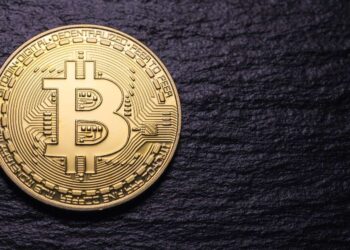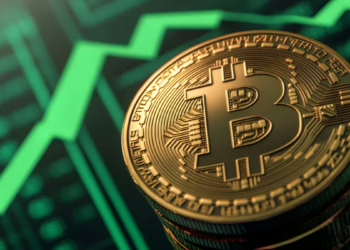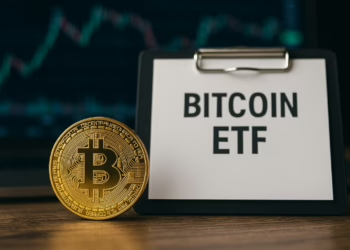Kim Nam-guk, a former Democratic Party lawmaker in South Korea, is reportedly facing up to six months in prison after prosecutors accused him of hiding millions in cryptocurrency holdings and failing to properly disclose his wealth during financial reporting in 2021 and 2022.
According to local reports, Kim allegedly did not declare cryptocurrency assets worth 9.9 billion won (around $6.8 million) in 2021, instead reporting assets valued at just 1.2 billion won ($835,000). The politician was also accused of concealing an additional 990 million won ($689,000) worth of cryptocurrencies in 2022.
Prosecutors claimed that Kim deliberately converted undeclared crypto profits into other digital tokens and transferred funds into bank accounts to mask his true financial status. These actions, they alleged, were aimed at evading oversight by the National Assembly Ethics Committee, which monitors the asset declarations of public officials.
This case emerges amidst heightened scrutiny and ongoing debates over cryptocurrency regulation in South Korea. The country’s lawmakers recently delayed the implementation of a controversial 20% cryptocurrency tax for the third time, extending the deadline to 2027. Democratic Party floor leader Park Chan-dae announced the postponement, citing the need for more institutional preparation and a thorough overhaul of the existing tax framework.
South Korean regulators are also intensifying efforts to combat crypto-related tax evasion and foreign exchange crimes. During a recent G20 meeting in Washington, Finance Minister Choi Sang-Mok unveiled new measures to regulate cross-border cryptocurrency transactions, labelling them a regulatory “blind spot” for tax and customs authorities.
The proposed framework mandates that businesses involved in cross-border crypto transfers pre-register with authorities and submit monthly transaction reports to the Bank of Korea. Additionally, the government plans to amend the Foreign Exchange Transactions Act, creating specific definitions for “virtual assets” and “virtual asset business operators.” The amendments aim to strengthen regulatory oversight and curb illicit financial activities by distinguishing virtual assets from traditional foreign exchange transactions.
If you want to read more news articles like this, visit DeFi Planet and follow us on Twitter, LinkedIn, Facebook, Instagram, and CoinMarketCap Community.
“Take control of your crypto portfolio with MARKETS PRO, DeFi Planet’s suite of analytics tools.”




















